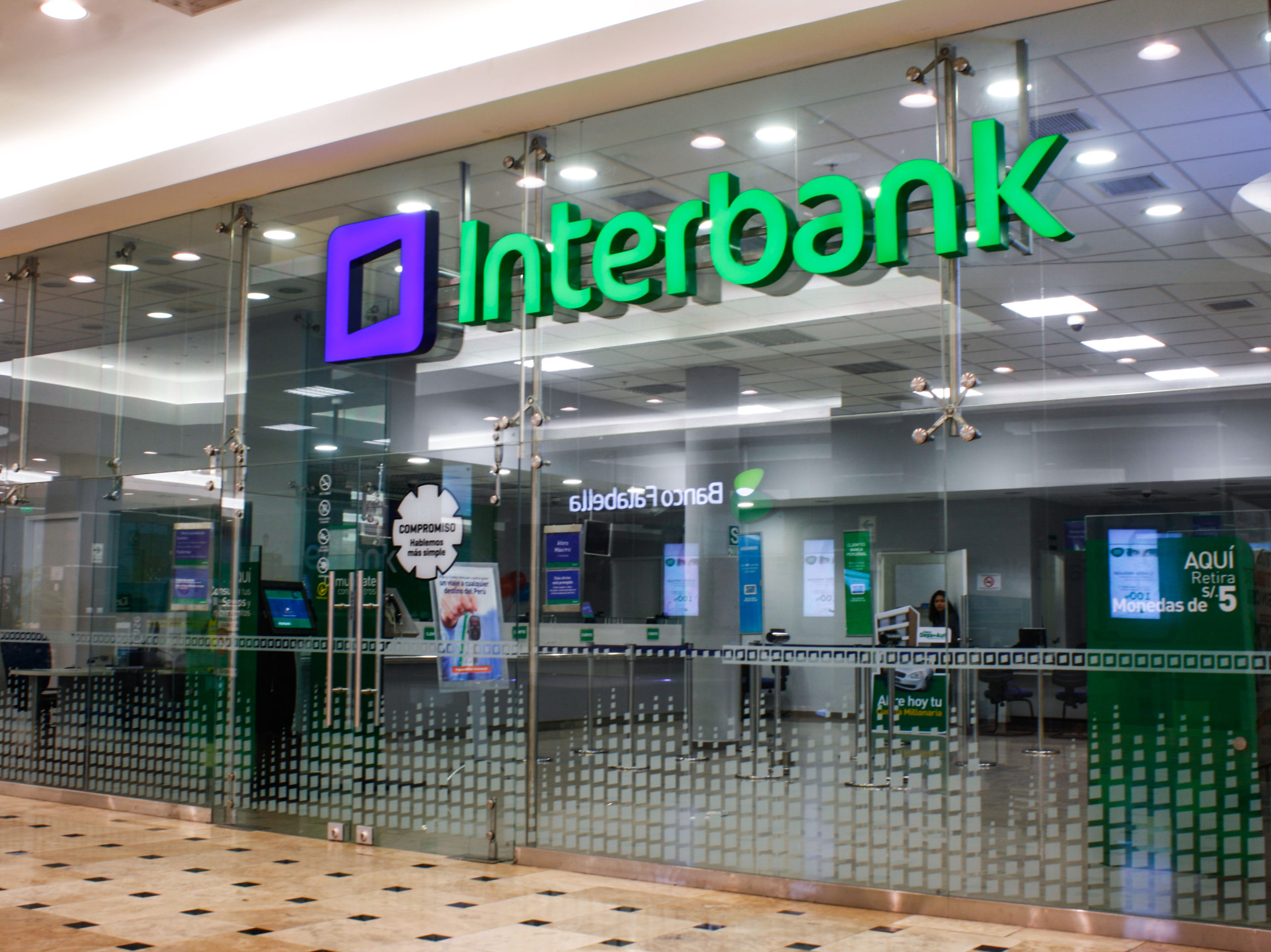Finance
Interbank Rates Fall on Matured Treasury Bills
Published
8 years agoon

- Interbank Rates Fall on Matured Treasury Bills
Nigeria’s interbank overnight lending rate fell sharply on Friday to an average of 12 per cent from around 60 percent a week ago after the central bank repaid matured treasury bills and a refund of excess cash deposited by banks to buy dollars.
The central bank sold $100 million at its special intervention auction in the foreign exchange market on Tuesday, which was less than the amount requested by banks, leading to a refund of the excess deposited by banks on Friday, Reuters disclosed.
The regulator also injected about N168 billion in matured open market operation (OMO) treasury bills into the system on Thursday, raising money market liquidity levels.
“The interbank rate is seen climbing again next week as the central bank resumes its aggressive liquidity mop up and sustains its intervention in the forex market,” a currency trader said.
The overnight lending rate jumped last week to as high as 100 percent intraday after the central bank tightened liquidity to support the naira currency.
The central bank has consistently issued OMO treasury bills to reduce excess liquidity in the money market and curb speculation on the local currency.
It sold a total of N68.79 billion worth of treasury bills on Friday in its bid to further tighten liquidity in the banking system. The bank’s sales on Friday amounted to N65.5 billion of 363-day open OMO treasury bills at 18.55 percent, and 3.29 million naira of the 174-day paper at 17.95 percent.
On the other hand, a report by Cowry Asset Management Limited showed that the NITTY moved in mixed directions across the maturities– yields on the 1month and 3 months maturities rose to 17.77% from (14.41%) and 19.45% (from 19.43%) respectively. However, 6 months and 12 months yield fell to 19.79% (from 20.36%) and 22.13% (from 22.30%) respectively.
“This week, we expect maturities via secondary market worth N14.65 billion viz: 167-day bills worth N7.976 billion and 168-day bills worth N6.674 billion. We expect further financial system liquidity ease and stability in interbank rates,” the investment firm added.
Forex Transactions
Meanwhile, the local currency remained stable week-on-week on the interbank segment amid CBN’s intervention of $364 million into the interbank foreign exchange market from which the Retail Secondary Market Intervention Sales (SMIS) received $264.19 million while $100 millon was allocated to authorised dealers in the wholesale window.
According to analysts at Cowry Asset Management Limited, the naira also strengthened at the Investors & Exporters Forex Window (I&E) to N361/$.
However, it depreciated at the Bureau De Change and Parallel market segments by 0.27 per cent each to N365/$ and N368/$ respectively.
“Dated forward contracts at the interbank OTC segment suggests likely appreciation of the naira amid an increase in the foreign exchange reserves – external reserves increased week-to-date by 1.06 per cent to $31.55 billion as at Thursday, August 17, 2017. The 3 months, 6 months and 12 months forward contracts appreciated week-on-week by 1.37 per cent, 1.29 per cent and 2.09 per cent, to N379.04/$, N400.18/$ and N438.59/$ respectively,” Cowry Asset Management added in a note at the weekend.
However, the spot rate of the naira depreciated slightly week-on-week by 0.03 per cent, to N305.65/$”.
“In the coming week, we expect further stability of the naira/dollar exchange rate amid consistent build up in external reserves and continued CBN intervention in the interbank segment.”
Bond Market
In the just concluded week, prices of FGN bonds traded at the OTC segment moved in mixed directions – the 20-year, 10% FGN JUL 2030 paper and the 10-year, 16.39% FGN JAN 2022 debt depreciated w-o-w by N0.44 and N0.06 respectively; corresponding yield rose to 16.47% (from 16.35%) and 16.38% (from 16.36%). However, w-o-w the 7-year, 16.00% FGN JUN 2019 and 5-year, 14.50% FGN JUL 2021 appreciated by N0.14 and N0.42 respectively as their yields fell to 16.80% (from 16.89%) and 16.41% (from 16.57%).
Elsewhere, FGN Eurobonds traded on the London Stock Exchange appreciated in value across all the maturities amid renewed bargain hunting. The 10-year, 6.38% JUL 12, 2023 and 5-year, 5.13% JUL 12, 2018 bonds appreciated by USD0.80 (yield fell to 5.53%) and USD0.20 (yield fell to 3.58%) respectively.
But, this week, the Debt Management Office (DMO) will auction bonds worth N135 billion, viz: the 5-year, 14.50% FGN JUL 2021 worth N35 billion, 10-year, 16.2884% FGN MAR 2027 worth N50 billion and 20-year, 16.2499% FGN APR 2037 worth N50 billion.
“We expect bond prices to appreciate at the OTC market on the back of expected ease in financial system liquidity.”
As part of efforts to further strengthen the value of the Naira on the parallel market segment of the foreign exchange (forex) market, the Central Bank of Nigeria (CBN) has directed that payments for port charges to the Nigerian Ports Authority (NPA) and Nigerian Maritime Administration and Safety Agency (NIMASA) by oil marketing companies should henceforth be accommodated in the official forex window.
Easing Dollar Access to Maritime Operators
As part of efforts to further strengthen the value of the Naira on the parallel market segment of the forex market, the CBN last week directed that payments for port charges to the Nigerian Ports Authority (NPA) and Nigerian Maritime Administration and Safety Agency (NIMASA) by oil marketing companies should henceforth be accommodated in the official forex window.
The central bank issued the directive Tuesday in a circular titled, “Payment of Ports and Nigerian Maritime Administration and Safety Agency Charges by Oil Marketing Companies,” signed by its Director, Trade and Exchange Department, Mr. W.D. Gotring, a copy of which was obtained by THISDAY. CBN explained that the initiative would help improve forex availability in the market, as well as address the challenges encountered by stakeholders in the maritime sector.
The two-paragraph circular stated: “In the continued effort to improve forex availability in the Nigerian forex market and ameliorate challenges encountered by critical stakeholders, payment for port charges to the NPA, NIMASA, etc, by oil marketing companies can now be accommodated by the CBN using Form ‘A’.
“Therefore, authorised dealers are directed to accept the request for payment of port charges from oil marketing companies and forward same to the CBN forex window.”
National Corruption Report
An estimated N400 billion, or the equivalent of $4.6 billion in purchasing power parity (PPP), representing 39 per cent of the combined federal and state education budgets in 2016, is paid out as bribes to public officials in Nigeria annually, a new report released by the National Bureau of Statistics (NBS), in collaboration with the United Nations Office on Drugs and Crime (UNODC), revealed last week
The National Corruption Report, which covered the period between June 2015 and May 2016 also showed that almost a third of Nigerian adults (32.3 per cent) who had contact with public officials between June 2015 and May 2016 had to pay, or were requested to pay a bribe to such public officials. According to the report, the magnitude of public sector bribes in Nigeria becomes even more palpable when factoring in the frequency of the payments, adding that the majority of those who paid bribes to public officials did so more than once over the course of the year. Bribe-payers, it added, pay an average of some six bribes in one year, or roughly one bribe every two months.
“Roughly 400 billion Nigerian Naira is spent on bribes each year. Taking into account the fact that nine out of every ten bribes paid to public officials in Nigeria are paid in cash and the size of the payments made, it is estimated that the total amount of bribes paid to public officials in Nigeria in the 12 months prior to the survey was around 400 billion Nigerian Naira (NGN), the equivalent of $4.6 billion in purchasing power parity (PPP). This sum is equivalent to 39 per cent of the combined federal and state education budgets in 2016,” the report said.
Is the CEO and Founder of Investors King Limited. He is a seasoned foreign exchange research analyst and a published author on Yahoo Finance, Business Insider, Nasdaq, Entrepreneur.com, Investorplace, and other prominent platforms. With over two decades of experience in global financial markets, Olukoya is well-recognized in the industry.

You may like
-


Nigeria Considers Creation of 31 New States Despite Economic Challenges
-


Visa Denial Sparks Airport Drama as Kenya Airways Defends Staff
-


Nigeria Seeks $15bn Investment to Revamp Power Sector, Offers Higher Tariffs
-


Nigeria’s Economy Shows Signs of Recovery with December PMI at 51.0
-


Nigeria Joins BRICS as Partner Country, Strengthening Global South Cooperation
-


70 Million Poorest of The Poor Nigerians To Get N75,000 From FG



